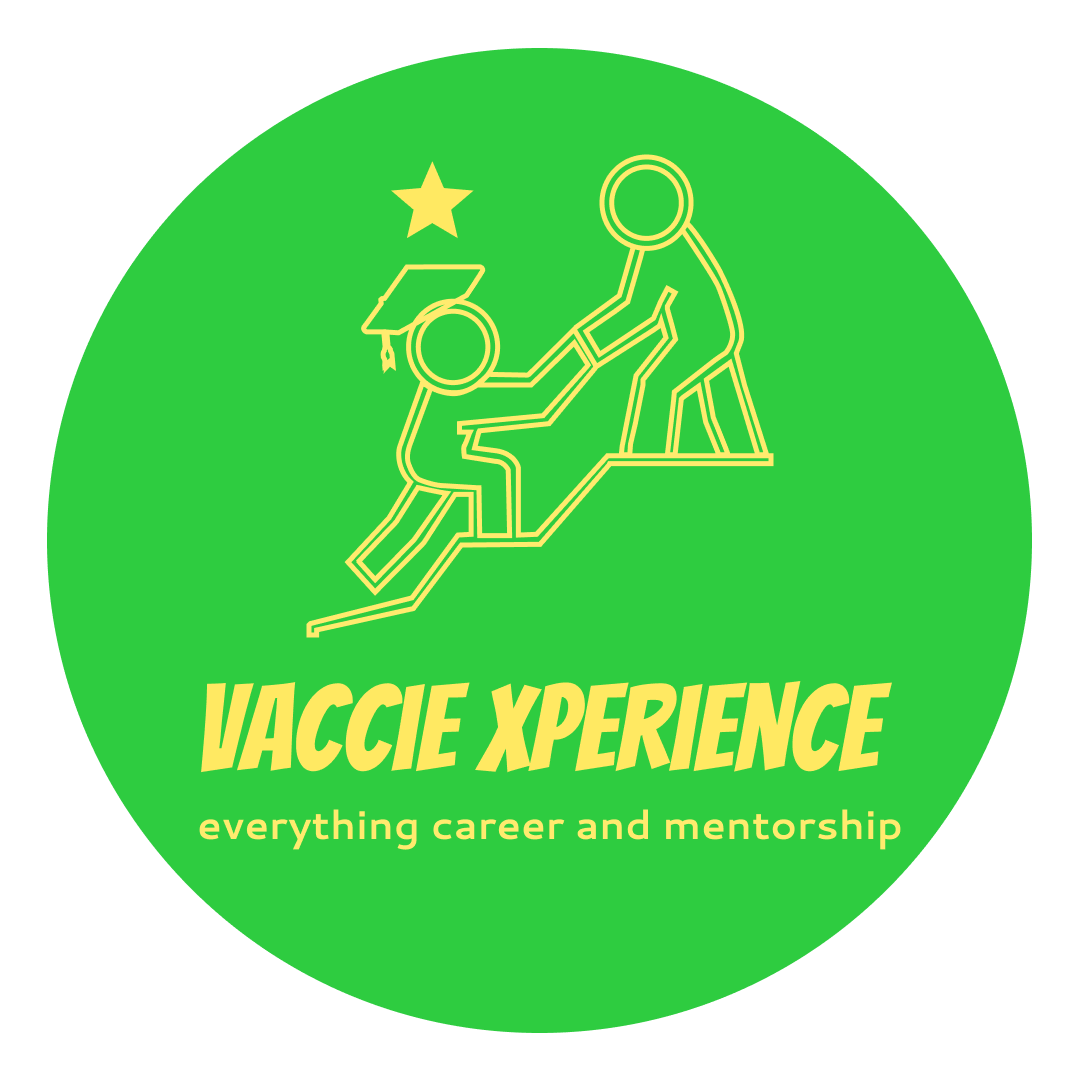"Empowering Futures, One Connection at a Time."
Explore: Clinical Shadowing – Physiotherapy Private Practice
Brief description of the role
Key responsibilities and day to day tasks of the job
I spend my time closely observing experienced physiotherapists as they perform patient assessments, diagnose injuries or conditions, and develop personalized treatment plans. I follow them throughout their daily schedule, gaining insight into how they use a variety of therapeutic techniques such as manual therapy, exercise prescription, and electrotherapy to help patients recover mobility and manage pain.
My daily tasks involve preparing treatment rooms and equipment before patient sessions, ensuring everything is clean and ready for use. I sometimes assist by demonstrating simple exercises or stretches to patients under the guidance of the physiotherapist, helping to reinforce their rehabilitation plans. Additionally, I take detailed notes during patient consultations and treatment sessions to deepen my understanding of clinical reasoning and treatment strategies.
I observe how physiotherapists communicate effectively with patients, explaining diagnoses and motivating them through their recovery journey. This also includes learning how they document patient progress accurately in clinical records, which is crucial for monitoring outcomes and adjusting treatment plans.
Through this immersive experience, I develop a clearer understanding of the practical application of physiotherapy theories learned in class, witness the challenges faced in real clinical settings, and appreciate the importance of empathy and professionalism when dealing with patients. The role helps me build foundational skills, such as attention to detail, patient interaction, and clinical observation, all of which are essential for my future career as a physiotherapist.
Skills most important for success in this role
To succeed in a clinical shadowing experience in a physiotherapy private practice, observation and active listening are key skills. Because this is a learning opportunity rather than a hands-on role, being attentive to how physiotherapists interact with patients, explain treatment plans, and perform assessments is critical.
Communication skills are also important — not just in speaking clearly and professionally with patients and staff, but also in asking insightful questions to deepen your understanding. A strong sense of professionalism and confidentiality is essential, especially when working in a healthcare setting where patient trust and privacy are paramount. Lastly, having a basic understanding of human anatomy or physiology can help you grasp the rationale behind treatment techniques and exercises more easily.
School subjects / tertiary courses / required certificates
School Subjects:
Biology
Physical Sciences (Physics and Chemistry)
Mathematics
Life Sciences
Tertiary Courses:
Bachelor of Physiotherapy (BPhysio)
Bachelor of Science in Physiotherapy
Relevant diplomas or certificates in Physical Therapy or Rehabilitation Sciences (for some shadowing or internship roles)
Kind of work environment (e.g Office based, remote, fieldwork etc)
The work environment for Clinical Shadowing in a Physiotherapy Private Practice is primarily office-based and clinical. You spend most of your time in a treatment room or therapy area within the private practice, observing and sometimes assisting during patient sessions. It’s an indoor setting, often involving hands-on interaction with patients under supervision, with occasional movement between different rooms or therapy zones within the clinic.
Potential career progression opportunities in the field
Clinical shadowing in physiotherapy can be the first step in a rewarding career in rehabilitation sciences. From here, individuals may go on to study physiotherapy at a tertiary institution and become licensed practitioners. With experience, physiotherapists can specialize in areas such as sports rehabilitation, pediatric therapy, orthopedics, or neurological rehabilitation. Others might move into academia, research, or management roles within healthcare facilities or open their own private practices. There are also opportunities to work in multidisciplinary teams or contribute to community-based health programs.
Are there any internships, work experience or volunteer opportunities that would help gain exerience in this field
Yes, many university physiotherapy programs require or strongly recommend clinical observation hours before applying. These can be gained through shadowing opportunities like this one in private practices, public hospitals, rehabilitation centers, or community health clinics. Volunteering at sports events with medical support teams, joining health outreach initiatives, or assisting with fitness or wellness programs in schools or old age homes can also provide relevant exposure. Additionally, participating in student-run health clubs or mentorship programs focused on healthcare careers can offer networking and experiential learning that supports future success in physiotherapy.
